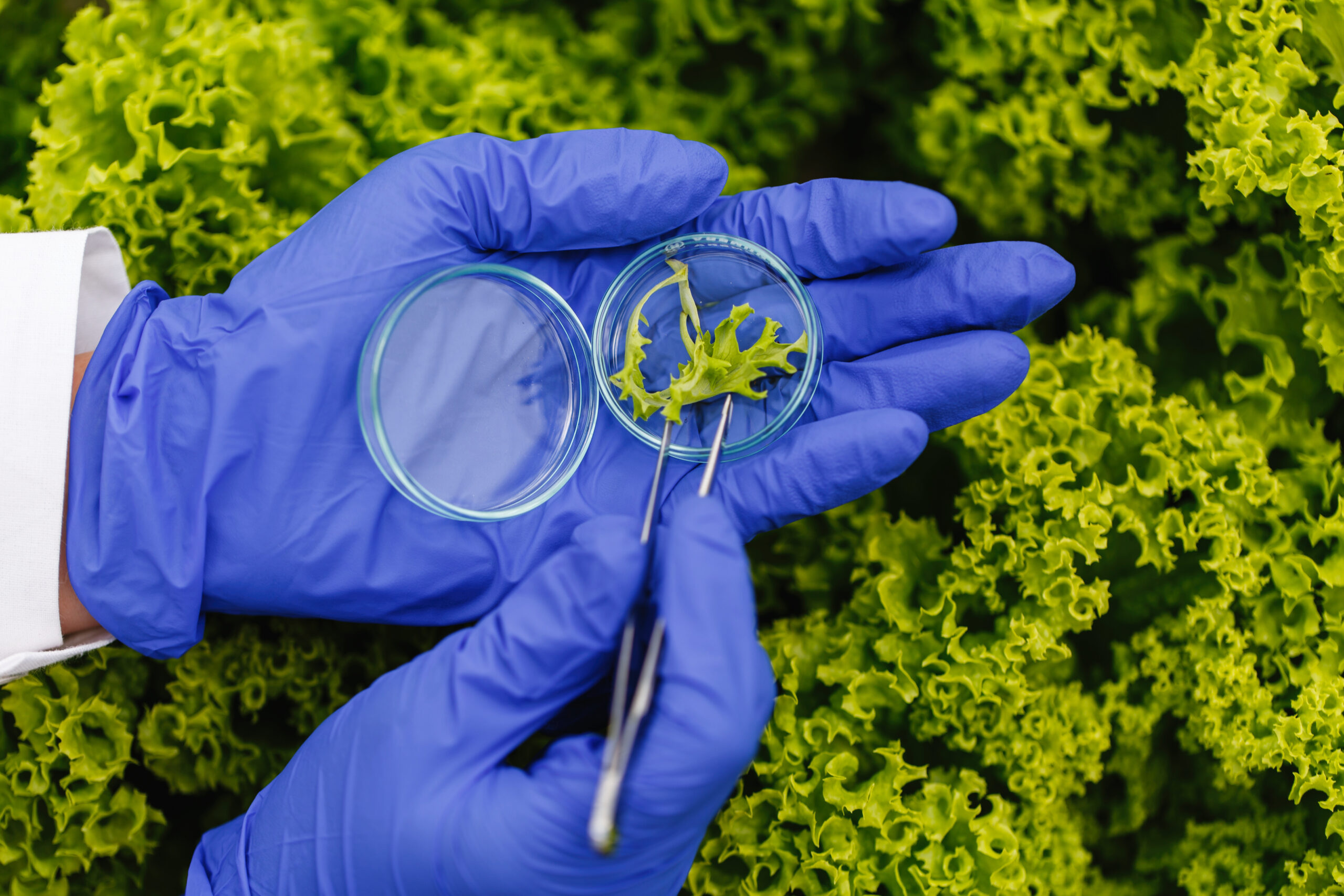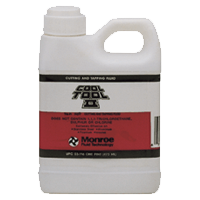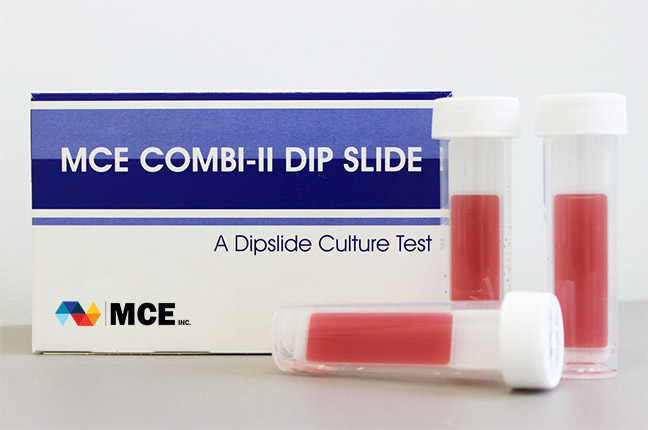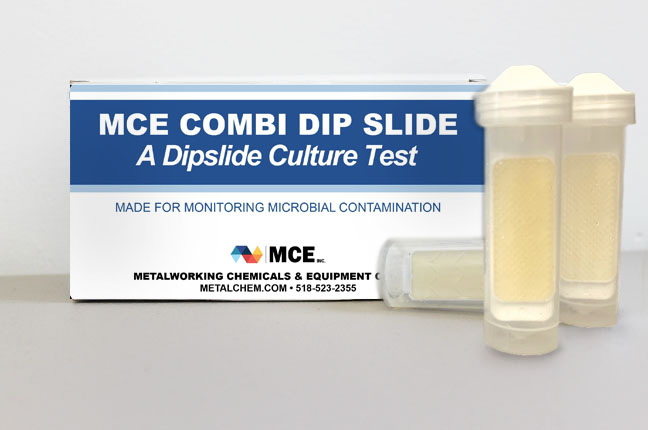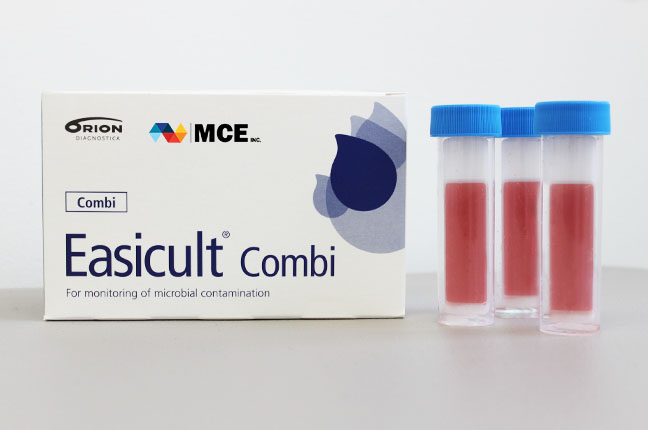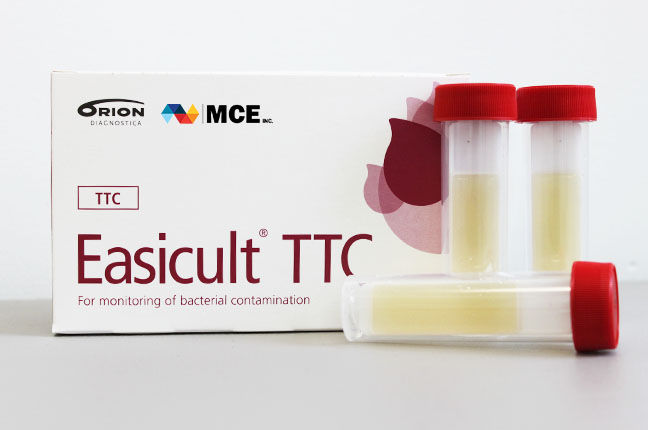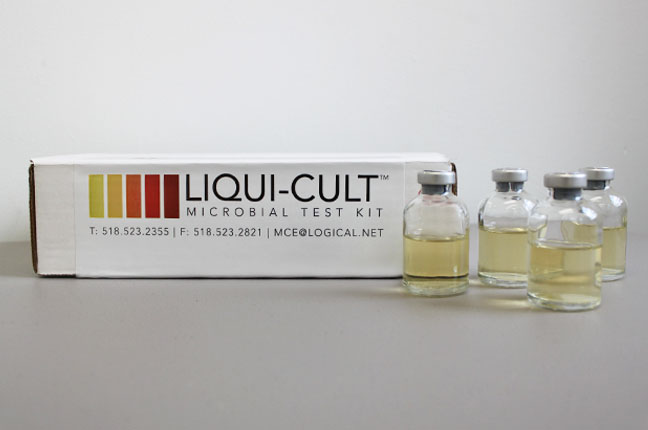In agriculture’s ever-changing field, inventors are continually looking for new tools and strategies to boost production, sustainability, and overall crop health. The microbial dip slide is one such gadget that is gaining popularity due to its potential benefits. These compact, portable devices offer a convenient and cost-effective way to examine the microbial makeup of various agricultural settings, such as testing fuel or water storage systems.
This article discusses the several benefits of using microbial dip slides in agriculture, emphasizing their role in disease prevention, soil health improvement, agricultural productivity increase, cost-effectiveness, environmental monitoring, and more. Farmers and agricultural experts can optimize their processes by utilizing the potential of microbial dip slides, resulting in a more efficient and sustainable approach to food production.
Importance of Microbial Dip Slides in Agriculture
Understanding the microbial composition of soil and plant surfaces is critical for crop health and productivity in agriculture. Farmers and agronomists can use microbial dip slides to examine the presence of microorganisms in their agricultural systems quickly and cost-effectively. Agricultural experts can acquire useful insights on disease control, soil health, and overall crop output by using these slides.
Benefits of Incorporating Microbial Dip Slides in Agriculture
1. Enhanced Disease Control and Prevention
-
Detecting and Monitoring Pathogens
The capacity to detect and monitor the presence of hazardous microorganisms is one of the primary advantages of employing microbial dip slides in agriculture. Farmers can identify potential disease-causing bacteria that may be lurking in the soil or on plant surfaces by collecting samples from various parts of the farm. This early detection enables targeted interventions and aids in the prevention of the spread of diseases that could destroy crops.
-
Early Intervention and Disease Management
Farmers can take immediate action to manage and control infections if pathogens are identified. Farmers can measure the efficacy of disease management strategies and alter their approaches by frequently examining microbial dip slides. This preventive method not only saves crops but also reduces the need for expensive and environmentally damaging chemical interventions.
2. Improved Soil Health and Nutrient Cycling
-
Assessing Soil Microbial Diversity
A healthy soil ecosystem is rich in microorganisms that play critical roles in nutrient cycling and plant health. Farmers can examine the microbial diversity in their soils using microbial dip slides. This information enables them to understand the health of their soil and make informed decisions about soil amendments and management strategies.
-
Enhancing Nutrient Availability
Microbes are in charge of decomposing organic debris in the soil and releasing nutrients that plants can consume. Farmers can improve nutrient availability by encouraging the growth of beneficial bacteria through targeted treatments such as applying organic amendments or altering pH levels. As a result, plants are healthier, agricultural output is higher, and farming practices are more sustainable.
3. Increased Crop Productivity and Yield
-
Promoting Beneficial Microbes for Plant Growth
Certain bacteria have a symbiotic relationship with plants, stimulating growth and protecting them against disease. Farmers can use microbial dip slides to detect the presence of these helpful bacteria and make efforts to increase their populations. This can lead to greater nutrient uptake, root development, and, eventually, larger crop yields.
-
Optimizing Plant-Microbe Interactions
Microbial dip slides assist farmers in comprehending the complex relationships between plants and microorganisms. Farmers may make informed decisions regarding crop rotations, cover crops, and other management strategies that maximize these interactions armed with this knowledge. Farmers can increase crop output and yield by providing a conducive habitat for beneficial bacteria.
4. Cost-effective and Sustainable Farming Practices
-
Reducing Chemical Inputs
One of the most serious challenges in farming is the excessive use of chemicals. Incorporating microbial dip slides in agriculture, on the other hand, can help minimize this dependency on pesticides. Farmers can use dip slides to monitor microbial activity in soil, water, and other materials. Farmers can make more educated judgments about the usage of fertilizers, insecticides, and other chemicals if they understand the microbial balance. This not only helps to minimize the costs of obtaining and using these inputs, but it also encourages a more environmentally friendly agricultural strategy.
-
Minimizing Environmental Impact
In addition to minimizing chemical inputs, the usage of microbial dip slides helps to reduce agriculture’s total environmental effect. Farmers can discover potential imbalances or hazardous diseases that may represent a threat to the environment or crops by monitoring microbial activity. This early diagnosis enables rapid intervention, limiting the spread of diseases or other problems that could harm the ecosystem. Farmers may establish a healthier and more sustainable environment on their farms by regularly monitoring and managing the microbial populations.
5. Enhanced Environmental Monitoring and Conservation
-
Monitoring Water Quality
Water is a critical resource in agriculture, and its quality is critical. Farmers may easily check the microbial composition of their irrigation water using microbial dip slides, ensuring that it is free of hazardous bacteria and other toxins. This proactive approach to water quality monitoring protects crops, animals, and, ultimately, consumers. Farmers can take the required actions to ensure clean and safe irrigation water by monitoring water quality with microbiological dip slides, supporting improved overall agricultural practices.
-
Promoting Biodiversity and Ecosystem Balance
Microbial dip slides not only aid farmers but also help to preserve biodiversity and environmental balance. These slides enable farmers to evaluate the microbial diversity in their soil, which is critical for crop health and productivity. Farmers can detect areas of low variety in microbial populations and take corrective measures such as introducing helpful microorganisms or changing farming practices by monitoring microbial populations. This creates a more balanced ecology, lowers the likelihood of disease
outbreaks, and improves agricultural system sustainability overall.
The use of microbial dip slides in agriculture is a game changer. These little but powerful technologies give crucial insights that can transform farming methods, from disease management to soil health and overall crop output. So, if you’re a farmer or agronomist looking to step up your agricultural game, it’s time to explore the world of microbial dip slides!
CONCLUSION
Incorporating microbial dip slides into agriculture provides numerous advantages. These presentations provide a cost-effective and sustainable answer for modern farming methods, ranging from reducing chemical inputs and limiting environmental impact to improving environmental monitoring and increasing biodiversity. While interpreting results and implementing the usage of dip slides might be difficult, the overall influence they have on crop health, water quality, and the environment makes them an important tool for farmers. Farmers can take a proactive approach to agriculture and contribute to a more sustainable and resilient farming industry by utilizing the power of microbial dip slides.

